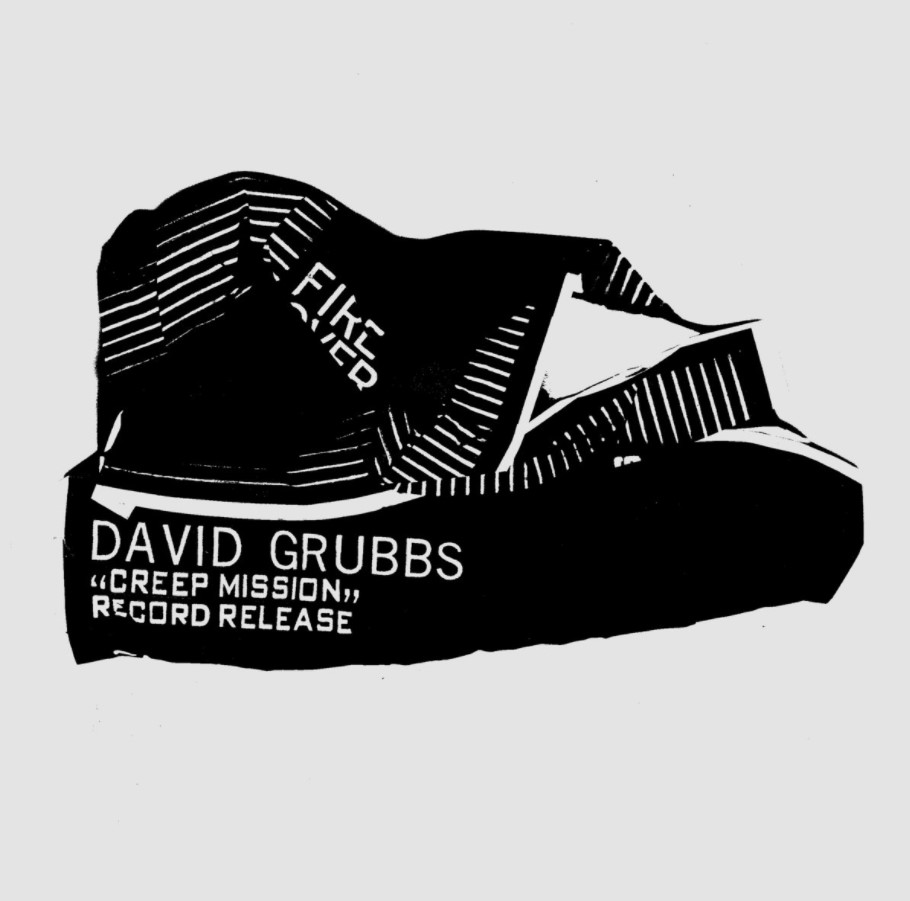Don’t ask me how she does it.
There are 13 songs on Sam Phillips’ A Boot and A Shoe and each of them feels flawless, impeccably performed and carefully put to tape, the ideal companions to the subtle atmospheres and acoustic gems of 2001’s frighteningly engaging Fan Dance.
Phillips is backed on the record — and backed admirably —by the likes of T Bone Burnett, Jim Keltner and Marc Ribot, among others, but never before have her songs so clearly been her own: it’s her inimitable voice and the soft but determined shuffle of her acoustic guitar that, time and again, drives the record home.
So, is it still too early in the year to be talking about the finest moments of twenty aught-four?
The record, released by Nonesuch, seems to ponder the acoustic ruminations of Fan Dance instead of revisiting the more pop-oriented structures that dotted the landscapes of her records through the end of the 1990s.
More than a few critics cited Fan Dance as a departure for the under-appreciated Phillips, claiming she had abandoned the poppy formulas of studio-friendly fare for the spare warmth of acoustic ballads and the like.
Those claims, however, overlook the amazing care and compositional structure that can be plainly heard in Phillips’ largely acoustic approach to Fan Dance. These weren’t slap-dash coffee house asides. There’s a pronounced pace to the proceedings. If you listen for more than a passing moment, the careful and occasionally subtle addition of backing instrumentation becomes impossible to miss.
And every syllable and tone that comes out of Phillips’ mouth has a vitality to it that betrays the depth of her craft.
Much the same could be said of A Boot and A Shoe.
On the record, Phillips, in a hushed calm, presents a somewhat deceptive musical tableau of like-minded songs, pieces that lean on jazz structure and folk presentation as much as they do pop refrains or the sensual airiness of her voice.
There are lush, plaintive ballads (“I Dreamed I Stopped Dreaming,” “Reflecting Light”), playful dittys (the album-opening “How To Quit,” “Infiltration”), bluesy exercises (“Draw Man”), and acoustic pop that, if there were any justice left in this world, would be all over the radio (“All Night,” the brilliant “One Day Late”). The songs are frequently short — 8 of the 13 clock in under three minutes — but Phillips manages to haunt the listener with her melodies and her methods despite the limitations of time.
The great beauty of the record, though, is how repeated listenings peel back once-unheard layers, how Phillips’ voice develops a deeper resonance with each spin, and how the deceptive simplicity of the recording gradually fades to reveal carefully scripted movements and moments.
What better way to explain a song like “I Dreamed I Stopped Dreaming?”
On first listen, the song is a casual ballad with occasional flourishes, Phillips’ voice leading the way with the sleepy quality of a familiar lullaby.
Second time around, you realize how central a quartet of violins, viola and cello is to the song as they provide not only the occasional moan or whimper, but a breathy kind of backbone.
Third time around, you hear how the constant pulse of Burnett’s bass acts as much as a road-marker as Phillips’ shuffling acoustic guitar.
Fourth time around, a voice that once seemed casual has a devastating romantic quality to it as Phillips intones lines like, “I dreamed I stopped dreaming and singing and I was alone with you/Moving and watching, we fell way beyond words.”
That’s a lot to pack into one minute, 52 seconds.
Elsewhere, the real scope and breadth and depth of the songs is apparent on even earlier listens: the way Phillips’ voice carefully sways and waivers between speakers on “How To Quit,” the short acoustic noodling at the beginning of “Red Silk Five,” the piano line hidden behind swells of strings in the somber “Reflecting Light,” the incredible bouncing bass patterns (again, Burnett) near the top of “Infiltration,” the way that the lurch of “I Wanted To Be Alone” reminds one of the playfulness of Tom Waits’ “Strange Weather,” the hard left-right instrument division in “Hole In My Pocket.”
Et cetera. Et cetera. Et cetera.
And then there’s the attention paid to drummer Carla Azar. In addition to knowing how to provide alarmingly effective percussion in sometimes-spare doses, Azar is recorded and mixed just right, the bass booming in her kick drum or toms while the pitter-patter of a hi-hat or a brushed snare is played with treble-attentive delight.
If that weren’t enough, Phillips offers the album-closing “One Day Late,” which ranks among some of the finest music she’s ever written.
With a smooth bass line and the occasional hint of Link Wray electric guitar waves deep in the background, Phillips walks the line between hope and desperation, cooing lines like “You try to understand, you try to fix your broken hands/ But remember/ That there always has been good like stars you don’t see in the day sky/Wait till night” alongside statements like “After you’ve given up and all is gone/Help is coming one day late.”
Listen with the right ears and the song could drive you to tears.
It’s a fitting end to a record that is casual-sounding enough to make you pull down your guard for just the right amount of time needed for the songs to sink deep into your skin with sentiment and sincerity. Here’s to hoping we don’t have to wait three more years until we hear this voice again.
So play it again, Sam. – Delusions of Adequacy, July 28, 2004
-30-




